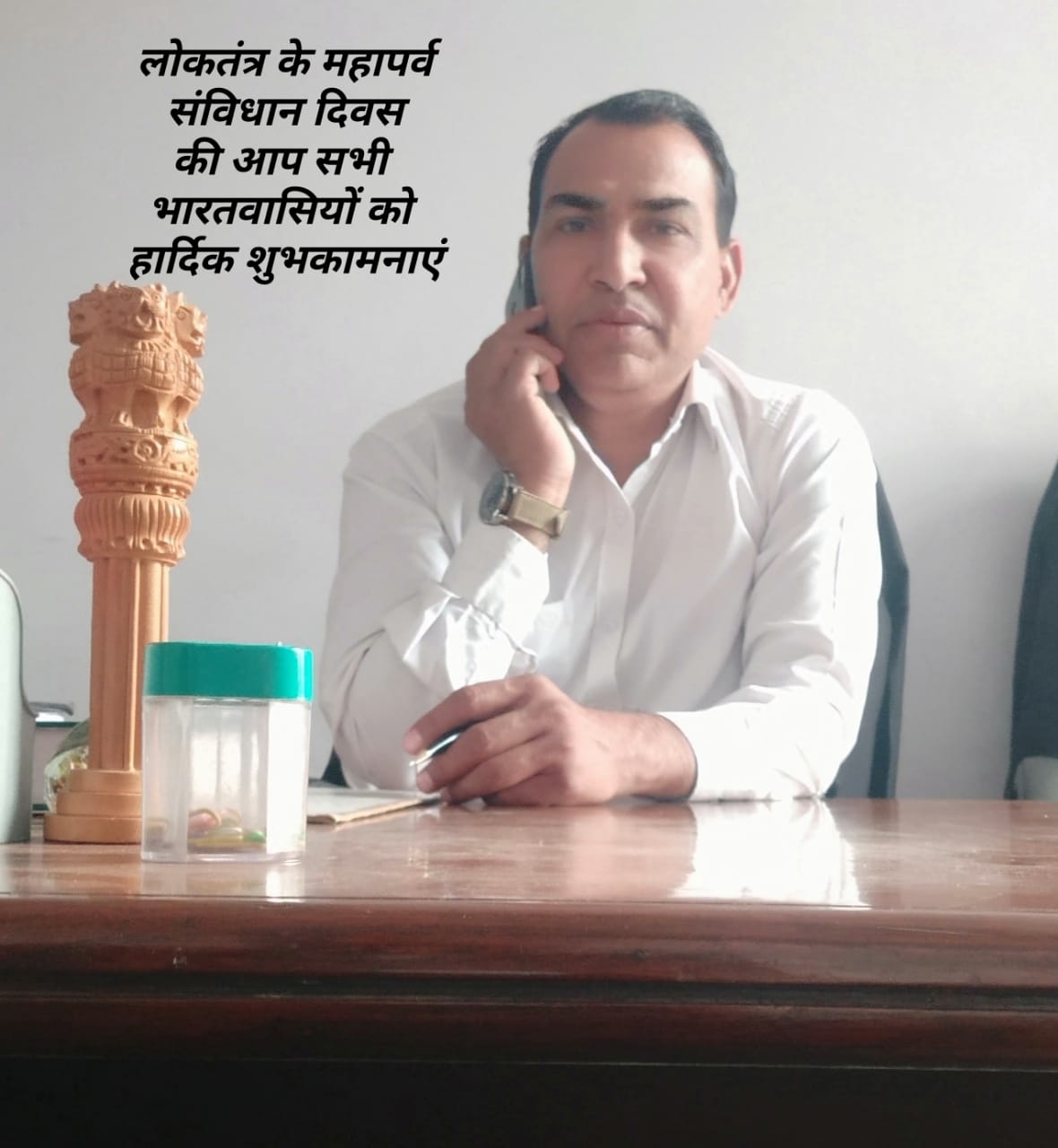Answer By law4u team
In India, a registered will is a legal document that has been executed according to the provisions of law, ensuring that the will is properly registered with the relevant authorities. While registration makes a will more secure and reliable, it does not make it immune to challenges. A registered will can still be contested under specific legal grounds, even if it is formally executed. If someone believes the will is not valid, they can challenge it in court, which will examine the legalities surrounding its creation and execution.
Can a Registered Will Be Challenged?
Yes, a registered will can be challenged in India. The fact that a will is registered does not automatically guarantee its validity. There are certain circumstances and legal grounds under which a registered will may be contested. Contesting a will usually requires the interested party to provide evidence or grounds that show the will is not the true expression of the testator's intentions. Here are the common legal grounds on which a registered will can be challenged:
1. Mental Capacity of the Testator
One of the primary grounds for challenging a will is that the testator (the person who made the will) lacked the mental capacity at the time of its creation. For a will to be valid, the testator must be of sound mind and fully understand the consequences of their decisions. If a person was suffering from mental illness, dementia, or any other condition that impaired their judgment, the will could be contested.
Example: If a person was suffering from Alzheimer’s disease and was unable to understand the content or implications of their will, family members could argue that the will was invalid due to a lack of mental capacity.
2. Undue Influence or Coercion
A will can be challenged if it is alleged that the testator was unduly influenced or coerced into making the will. Undue influence occurs when someone pressures or manipulates the testator into making decisions that they would not have made on their own, often to benefit the influencer.
Example: If a relative pressured an elderly person into leaving them a large portion of the estate by threatening or intimidating them, the will can be contested based on undue influence.
3. Fraud or Forgery
If it can be proven that the will was made as a result of fraud, misrepresentation, or forgery, the will can be challenged. This could include situations where someone misled the testator about the contents of the will or forged their signature.
Example: If someone forged the signature of the testator and created a fake will, that will can be challenged in court as a fraudulent document.
4. Improper Execution of the Will
A will must be executed in accordance with the legal requirements. In India, under the Indian Succession Act, a will must be signed by the testator in the presence of at least two witnesses, and these witnesses must also sign the will in the testator’s presence. If the will was not executed in this manner, it could be challenged.
Example: If a registered will was executed without the proper witnessing requirements, the court may deem the will invalid.
5. Revocation of the Will
If the testator revoked the will before their death but failed to register the revocation, or if the revocation was not witnessed or documented properly, the will can be contested. A will can be revoked by a subsequent will, or by the testator destroying the original will.
Example: If a new will was made after the registered will, and the previous will was never revoked in accordance with the law, the registered will could be challenged as being superseded by the new one.
6. Failure to Follow Legal Formalities
Even though a will is registered, it must adhere to all the formalities required under the Indian Succession Act. For instance, the will must be signed by the testator, and the testator must be present during its signing by the witnesses. If the testator did not meet these formal requirements, the will can be challenged.
Example: If the testator did not sign the will in front of the witnesses or if the witnesses signed the will without seeing the testator’s signature, it could lead to a challenge.
7. Vitiated Consent
A will can also be challenged if the testator’s consent was vitiated, meaning that they were not acting voluntarily when creating the will. This could happen due to duress, where the testator was forced into making the will, or because they did not fully understand the nature of the will.
Example: If a person was under significant stress or duress at the time of making the will, and it can be proved that their consent was not freely given, the will may be contested.
8. Mistake or Ambiguity in the Will
If a will contains ambiguities or mistakes in its drafting that could lead to an unclear distribution of property, heirs might challenge the will in court. The court may interpret the will in light of the testator’s intentions, but if the wording is unclear, it could result in a legal dispute over its meaning.
Example: If the will contains ambiguous language regarding the division of property (e.g., referring to a piece of property that doesn’t exist), legal heirs may contest the will in order to clarify the intentions of the testator.
Legal Process for Challenging a Registered Will
The legal process for challenging a registered will involves filing a suit in the relevant civil court. The challenger must provide evidence to support their claims, whether it be fraud, undue influence, or lack of mental capacity. The court will examine the validity of the will and may call witnesses, including those who were present at the time of execution, to determine whether the will was properly executed and reflects the true intentions of the testator.
Example
Case 1:
Mr. Mehta, a wealthy businessman, passed away, leaving behind a registered will in which he bequeathed his property to his son. However, his daughter challenges the will, claiming that the son had coerced Mr. Mehta into signing the will by threatening to withhold medical treatment. The court will examine the evidence of undue influence and may rule that the will is invalid if coercion is proven.
Case 2:
Ms. Rani, a widow, dies leaving behind a registered will that leaves her estate to a charity. However, her nephew challenges the will, claiming that Ms. Rani lacked mental capacity at the time of making the will due to her advanced age and deteriorating health. The court may require medical records and expert testimony to assess whether she had the mental capacity to make the will.
Conclusion
Although a registered will carries more weight than an unregistered one, it can still be challenged under various legal grounds such as fraud, undue influence, lack of mental capacity, or improper execution. The court will assess these claims and determine whether the will is legally valid. Those who wish to challenge a registered will must present strong evidence to back up their claims, and the process can be lengthy and complex.







